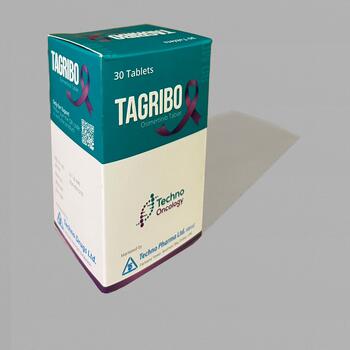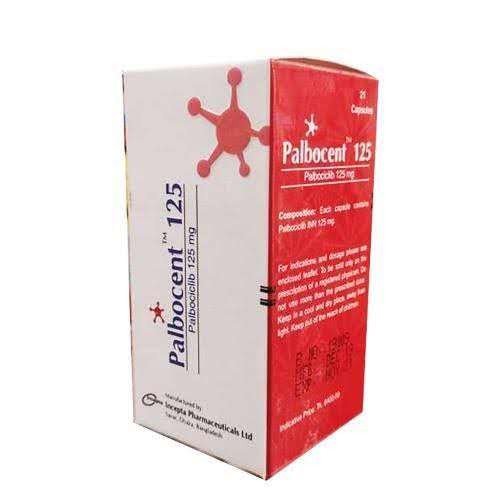奥西替尼 (Osimertinib) 80mg

1. Composition:
The active ingredient in Osimertinib is Osimertinib, with the chemical name (R)-N-(2-(1-(4-(Trifluoromethyl)phenyl)piperazin-1-yl)-2-(2-methoxyethyl)-3-methyl-1H-indol-5-yl)ethyl)-4-(trifluoromethyl)benzenesulfonamide. Its molecular formula is C28H33F3N4O2S, and the molecular weight is 500.66 g/mol.
2. Indications:
Osimertinib is primarily used for the treatment of non-small cell lung cancer (NSCLC) with epidermal growth factor receptor (EGFR) mutations, especially in patients with the T790M mutation. It works by selectively inhibiting the activity of EGFR tyrosine kinase, thereby preventing the growth and spread of cancer cells.
The main therapeutic effects include:
- Relief of NSCLC-related symptoms.
- Significant improvement in patients' progression-free survival (PFS).
- Improvement in patients' quality of life.
3. Dosage and Administration:
Osimertinib is usually administered in the form of oral tablets, with a recommended dosage of 80 mg once daily, preferably at the same time each day. Patients should follow their doctor's specific advice and adjust the dosage based on tolerance and efficacy.
4. Research and Development History:
Osimertinib was developed by AstraZeneca and received approval from the U.S. Food and Drug Administration (FDA) in 2015 for the treatment of EGFR mutation-positive NSCLC. Its development aimed to address the resistance of traditional EGFR inhibitors to the T790M mutation, providing a new treatment option.
5. Mechanism of Action:
Osimertinib is a third-generation EGFR tyrosine kinase inhibitor that exerts its effects mainly through the following mechanisms:
- Selective Inhibition: Unlike first- and second-generation EGFR inhibitors, Osimertinib selectively inhibits the kinase activity of the EGFR T790M mutation, preventing cancer cell growth.
- Irreversible Binding: The binding of Osimertinib to EGFR is irreversible, leading to long-term suppression of EGFR signaling and effectively reducing the growth rate of cancer cells.
6. Summary:
Osimertinib is a targeted therapy specifically designed for treating non-small cell lung cancer with EGFR mutations, particularly the T790M mutation. By selectively inhibiting the tyrosine kinase activity of EGFR, Osimertinib can significantly improve patients' survival and quality of life.







